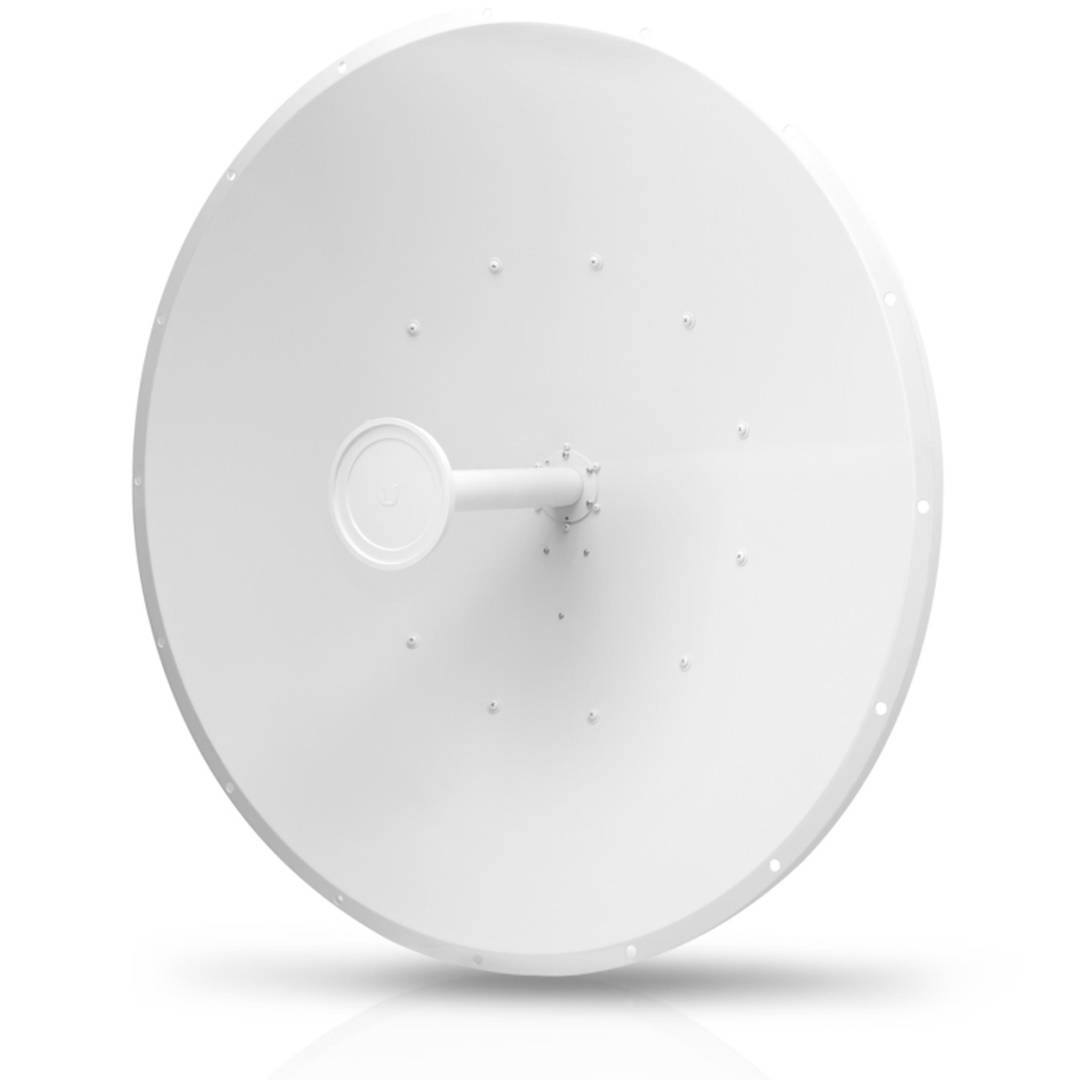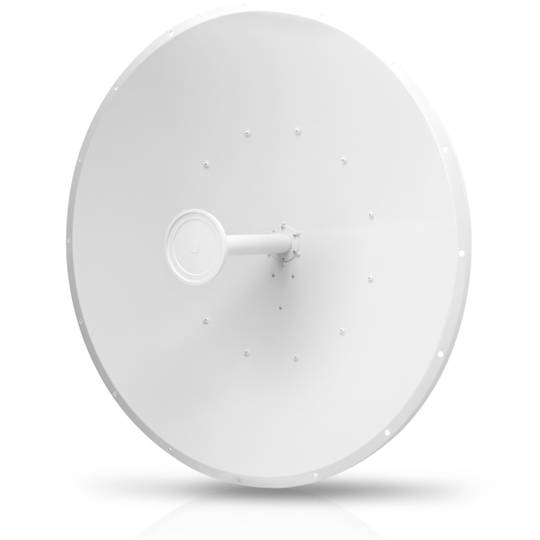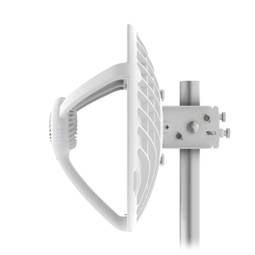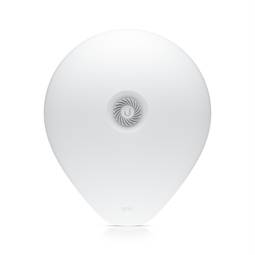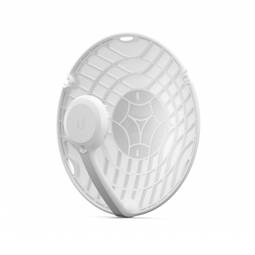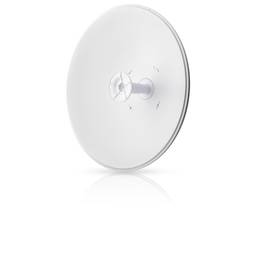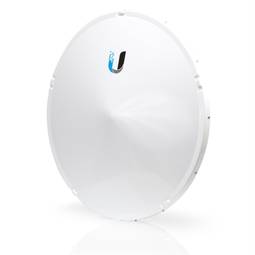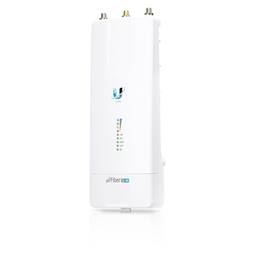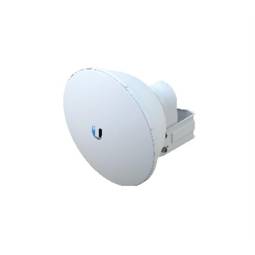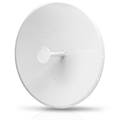10/09/2025 11:05 a.m.
https://cablematic.com/en/products/ubiquiti-af-5g34-s45-airfiber-x-dish-antenna-5-ghz-with-34-dbi-UI183/
https://cablematic.com/en/products/ubiquiti-af-5g34-s45-airfiber-x-dish-antenna-5-ghz-with-34-dbi-UI183/
Ubiquiti AF-5G34-S45 AirFiber X Dish Antenna 5 GHz with 34 dBi
REF: UI183
Specifications
- Antenna gain (max): 34 dBi
- Band frequency: 5.1 - 5.8 GHz
- Horizontal Beamwidth (5 GHz): 3°
- Polarization: Dual Polarization
- Voltage Standing Wave Ratio (VSWR): 1.4:1
PVP
€368.39
Price including VAT:
€368.39
PVD
€299.02
PVP: Retail price.
Check conditions.
PVP: Sale price to distributors.
Check conditions.
warranty
returns
safe
We will notify you when it is back in stock.
Specifications
- Antenna gain (max): 34 dBi
- Band frequency: 5.1 - 5.8 GHz
- Horizontal Beamwidth (5 GHz): 3°
- Polarization: Dual Polarization
- Voltage Standing Wave Ratio (VSWR): 1.4:1
More info
Ubiquiti antenna with a maximum gain of 34 dBi and a frequency band of 5.1 to 5.8 GHz. This antenna has a horizontal beam width of 3° and dual polarization. Its standing wave voltage ratio is 1.4:1 and its survivability speed is 200 km/h. The dimensions of the antenna are 1050 mm wide, 421 mm deep and 1050 mm high. It comes in a package with one piece. Manufactured by Ubiquiti with reference AF-5G34-S45.
Specifications
Specifications
- Antenna gain (max): 34 dBi
- Band frequency: 5.1 - 5.8 GHz
- Horizontal Beamwidth (5 GHz): 3°
- Polarization: Dual Polarization
- Voltage Standing Wave Ratio (VSWR): 1.4:1
- Survival speed: 200km/h
- Width: 1050mm
- Depth: 421mm
- Height: 1050mm
- Quantity per package: 1 pc(s)
- Ubiquiti manufacturer reference: AF-5G34-S45
- Ideal for: Long-range wireless networks
- Compatibilities: 802.11ac Wave 2
- Connections: Wi-Fi and Ethernet
- Features: Great performance and range
- Colour: Black
- Technology: Ubiquiti Networks
- Gross Weight: 22.0 kg
- Number of packages: 1
- Master-pack: 1
Technical terms
- Hz
- dBi
Hz
One hertz is one cycle per second, meaning repeating cycle as an event. For example, hertz is applied physics measuring the number of times for a second wave (either acoustic or electromagnetic) is repeated or can be applied, among other uses, to ocean waves that reach the Beach vibrations per second or a solid. The quantity that measures the frequency hertz is called,in this regard, the inverse of the period. One hertz is an oscillation frequency of suffering a particle over a period of one second.


